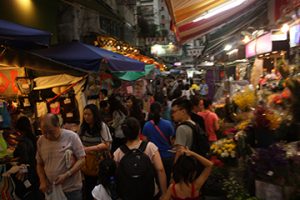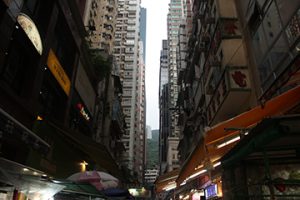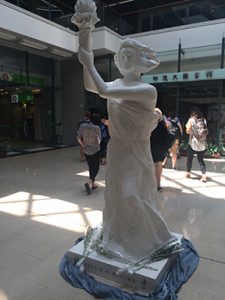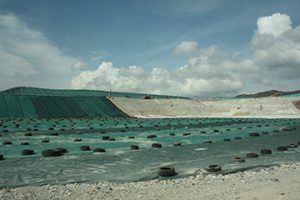
Discovering Culture Shock
I never understood the phrase culture shock. Actually, I understood the definition, but I never felt it or realized that I felt it. Every new cultural experience I went into, I opened up my mind and knew that there would be vast differences. After traveling around Western Europe for two months last summer, I still felt comfortable about this. It wasn’t until I got back from my 3-week whirlwind trip to Asia this summer that I finally felt and realized what culture shock meant to me. It was the little things that made me feel out of place, like I was a foreigner; mostly driving, biking, even walking on a certain side of the road. All of that was a blur to me, since it was opposite in Hong Kong (and also in Japan, where I traveled for a week afterwards). I questioned multiple times when I got home whether I was on the correct side of the road or not.
I think the reason I felt culture shock after this specific trip was because all of the cities I visited are massively dense and populated, creating an atmosphere that simply does not exist in America. I thought being back in Chicago would feel familiar to the Asian cities I was in, but the wideness of the sidewalks and streets simply did not compare to the intense crowdedness of Hong Kong and Tokyo. Plus, the Chicago population of almost 3 million is a fraction of those cities (7 million and 13 million, respectively).
This was quite an unconventional experience, albeit welcome in the greater scheme of personal growth and education. It has opened up my mind to the ideas of visiting Africa and other regions I had never considered beforehand. I also have developed an incredible global network of contacts that continues to expand, which is incredibly valuable to me. The ability to share travel stories with people who have also visited Asia or elsewhere is a great bonding opportunity with new and old friends. And, of course, the depth of my sustainability knowledge has increased and better equipped me for my future endeavors in the urban sustainability field.
As I transition back into focusing on sustainability in America, I intend to follow some of the most pressing issues in Hong Kong. The two that I see as being the most intensive are the potential changes in politics and the management of waste in the coming years. I think that both of these topics will see massive changes even in five years time, due to extreme demand and competition for land use (regarding the waste issue) and strong social protests aimed at the Beijing government’s control on Hong Kong. Given the youthful nature of these protests, it will be valuable to follow the thoughts and reactions of my new peers on the other side of the Pacific.





